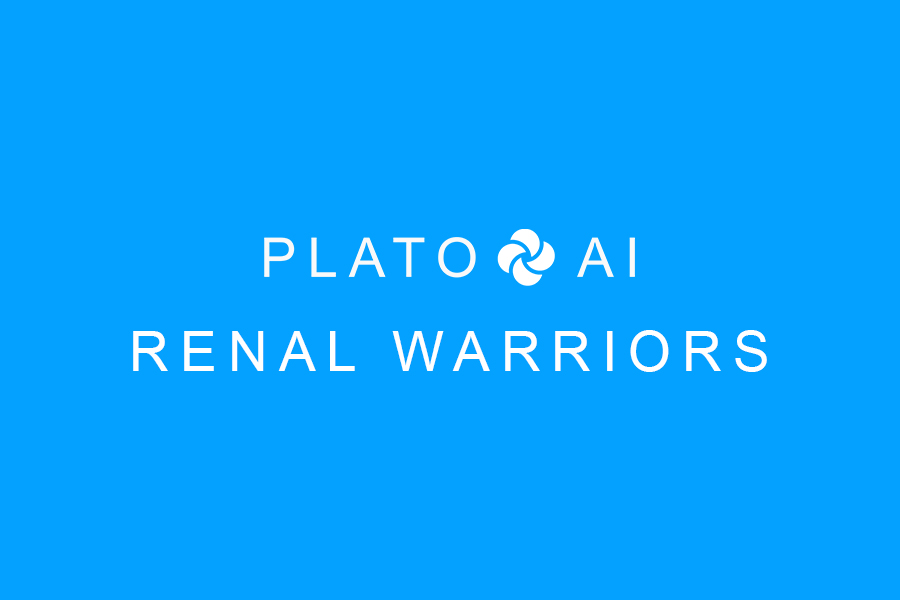Nutrition is a topic that is often surrounded by myths and misconceptions. With so much information available online and in the media, it can be difficult to separate fact from fiction when it comes to what we should be eating to stay healthy. To help clear up some of the confusion, experts have debunked 10 common nutrition myths that many people still believe.
Myth #1: Carbs are bad for you
Many people believe that carbohydrates are the enemy when it comes to weight loss and overall health. However, experts say that not all carbs are created equal. Whole grains, fruits, and vegetables are all sources of healthy carbohydrates that provide essential nutrients and energy for our bodies. It’s the refined carbs like white bread and sugary snacks that should be limited.
Myth #2: Eating fat makes you fat
For years, fat was demonized as the cause of weight gain and heart disease. However, research has shown that healthy fats like those found in avocados, nuts, and olive oil are actually beneficial for our health. These fats can help with satiety, hormone regulation, and even weight loss when consumed in moderation.
Myth #3: You need to eat meat to get enough protein
While meat is a good source of protein, it’s not the only option for meeting your protein needs. Plant-based sources like beans, lentils, tofu, and quinoa can also provide ample protein for those following a vegetarian or vegan diet. It’s important to vary your protein sources to ensure you’re getting all the essential amino acids your body needs.
Myth #4: Eating late at night will make you gain weight
The timing of your meals is not as important as the overall quality and quantity of what you’re eating. As long as you’re not exceeding your daily calorie needs, eating a meal or snack before bed won’t automatically lead to weight gain. Just be mindful of portion sizes and choose nutrient-dense foods to fuel your body properly.
Myth #5: Detox diets are necessary to cleanse your body
There is no scientific evidence to support the idea that detox diets or cleanses are necessary for removing toxins from your body. Our liver and kidneys are already equipped to detoxify our bodies naturally, so there’s no need to follow extreme diets or drink special juices to “cleanse” your system. Focus on eating a balanced diet rich in fruits, vegetables, whole grains, and lean proteins to support your body’s natural detoxification processes.
Myth #6: Organic food is always healthier
While organic produce may have lower levels of pesticides and synthetic chemicals, it doesn’t necessarily mean it’s more nutritious than conventionally grown produce. Both organic and non-organic fruits and vegetables can be part of a healthy diet, so choose what works best for your budget and preferences. The most important thing is to eat a variety of fruits and vegetables to get a wide range of nutrients.
Myth #7: Gluten-free diets are healthier for everyone
For those with celiac disease or gluten sensitivity, avoiding gluten is necessary for their health. However, for the general population, there is no evidence to support the idea that a gluten-free diet is healthier. In fact, many gluten-free products are highly processed and may lack essential nutrients like fiber and B vitamins. If you don’t have a medical reason to avoid gluten, there’s no need to eliminate it from your diet.
Myth #8: Sugar is the main cause of diabetes
While consuming too much sugar can contribute to weight gain and increase the risk of developing type 2 diabetes, it’s not the sole cause of the disease. Genetics, lifestyle factors, and overall diet quality all play a role in the development of diabetes. It’s important to limit added sugars in your diet and focus on whole foods like fruits, vegetables, whole grains, and lean proteins to reduce your risk of developing diabetes.
Myth #9: All calories are created equal
While calories are important for weight management, not all calories are created equal when it comes to overall health. A calorie from a sugary soda is not the same as a calorie from a nutrient-dense salad. The quality of the food you eat matters just as much as the quantity when it comes to supporting your overall health and well-being.
Myth #10: Supplements can replace a healthy diet
While supplements can be helpful for filling nutrient gaps in your diet, they should not be relied upon as a replacement for whole foods. A balanced diet rich in fruits, vegetables, whole grains, lean proteins, and healthy fats should be your primary source of nutrients. Supplements should be used as a complement to a healthy diet, not a substitute.
In conclusion, it’s important to be critical of nutrition information that you come across and consult with qualified experts before making drastic changes to your diet. By debunking these common nutrition myths, you can make more informed choices about what you eat and how you nourish your body for optimal health.
- The Renal Warrior Project. Join Now
- Source: Plato Data Intelligence.
- Source: https://renal.platohealth.ai/10-nutrition-myths-debunked-by-experts/

